NeurosciencePsychologyBiological Psychology
Previously titled "Physiological Psychology," students discovered the biological underpinnings of psychological phenomena throughout this course.
Overview
Biopsychology is about exploring psychological phenomena through a biological lens. In my version of the course, we focused mainly on the structure and function of cells in the central nervous system, relating these processes to organisms' psychological experiences.
This class was usually filled with majors from neuroscience and psychology, but frequent fliers also included biology, education, criminology, and biomedical sciences.
After focusing extensively on the foundations of cellular structure and communication, some topics we usually covered included neurodevelopment, epigenetics, brain damage, learning & memory, sexual differentiation, emotions, sleep & consciousness, drugs, language, and psychiatric disorders.
Over seven years, I taught this class in online, face-to-face, and hybrid formats. In the latter years, I also flipped the in-person and hybrid versions and found excellent results. So, rather than learning the content for the first time during a lecture, students learned it independently. The class was then used to apply the content, work on problems, engage in group work, and do in-class assignments.
I consistently polled my students across the semester. This is an example of one of the data types I collected, showing the cohort's preference for topics in Sleep & Dreaming and Drugs & Addiction. It changed every semester!
“I will never forget this class or your passion for neuroscience (and my new found passion for it too). You break down concepts into "small change," as we say in my country (Belize, we love the Caribbean) which just means into a simple form for people to understand. You make it accessible too (which is a huge thing for college students). You have done an incredible job at making yourself available, at making resources accessible (e.g. study tips, free book(s), life things) using language that many people can understand, and at helping me and many others learn in a meaningful way. Thank you for your willingness to teach, to learn, to be shamelessly who you are.”
Ashley, 2019
Service Learning
What started as an extra credit assignment became a full-fledged service learning experience for students in my Biopsychology course at ASU. Service learning is a teaching methodology that enables students to apply knowledge and skills learned in the classroom to meaningful service to the community. In my course, students completed a two-part project applying course content to the community through acts of service. The project was meant to be simple but powerful. Students volunteered for organizations twice during the semester. They followed both experiences with short papers or demonstrative videos in which they 1) linked biological concepts to their experiences and then 2) proposed three biopsychology-based ideas to improve them in their own lives.
The Arizona Burn Foundation
-
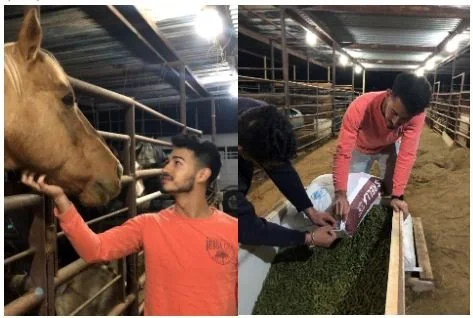
Whispering Ranch horse rescue
-

Mariposa Point Memory Care Facilities
-
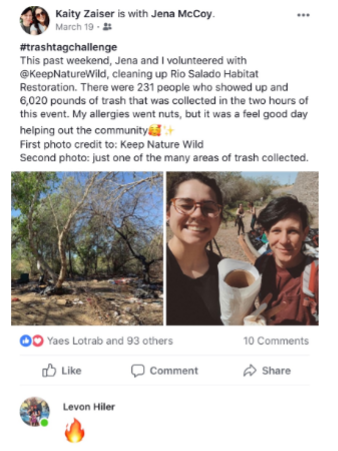
Keep Nature Wild
-
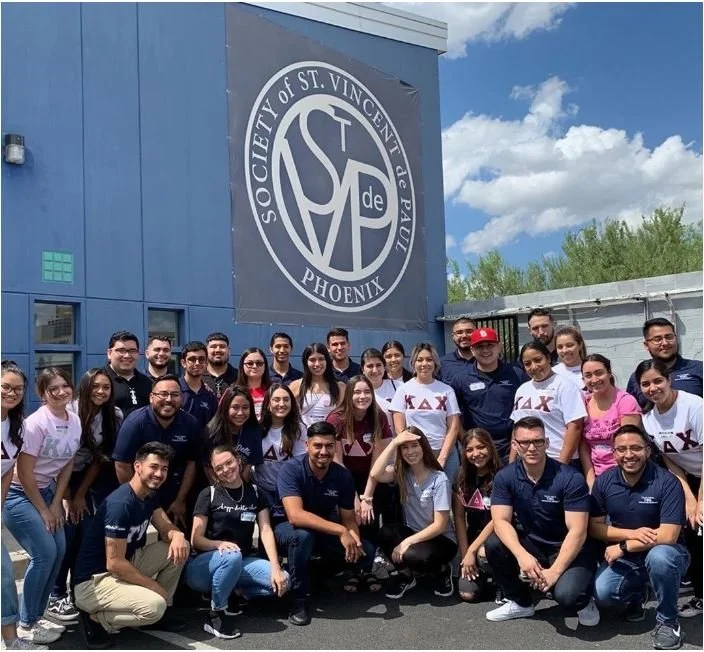
St. Vincent de Paul (comprehensive services for individuals in need)
-
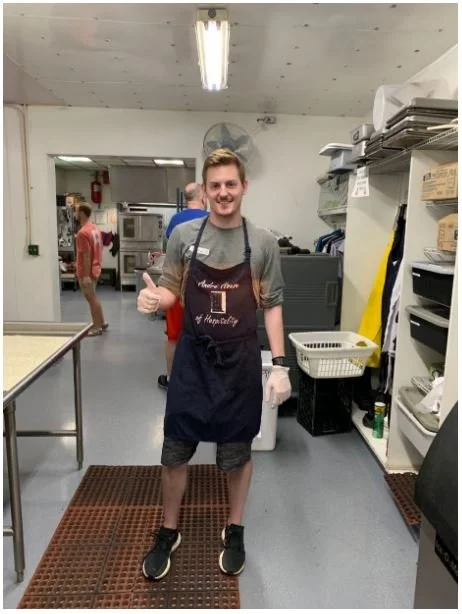
The Andre House (soup kitchen)
-
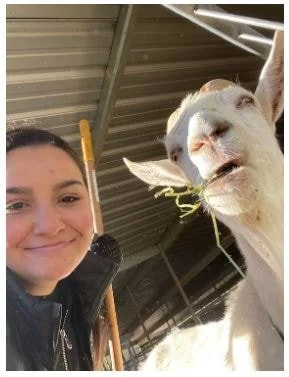
Goats with Horns Farm Animal Rescue
-
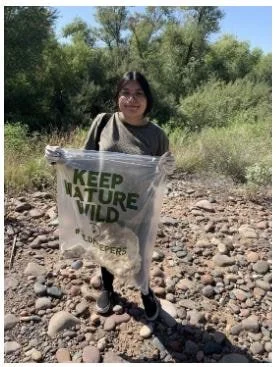
Keep Nature Wild (park clean-up)
-
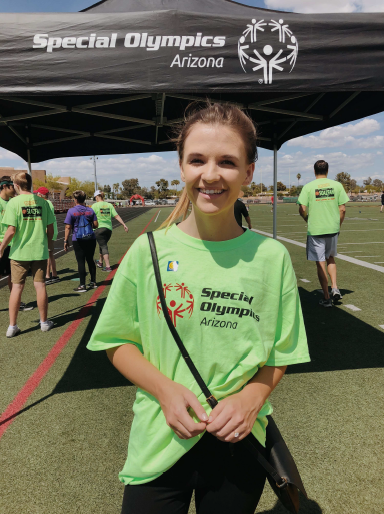
Special Olympics
-

Halo Animal Rescue
-
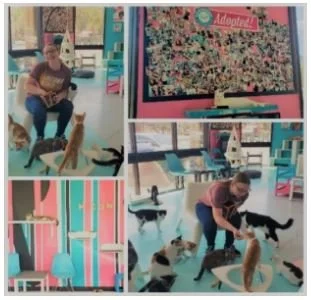
La Gattara Cat Lounge (cat adoption and coffee shop)
-
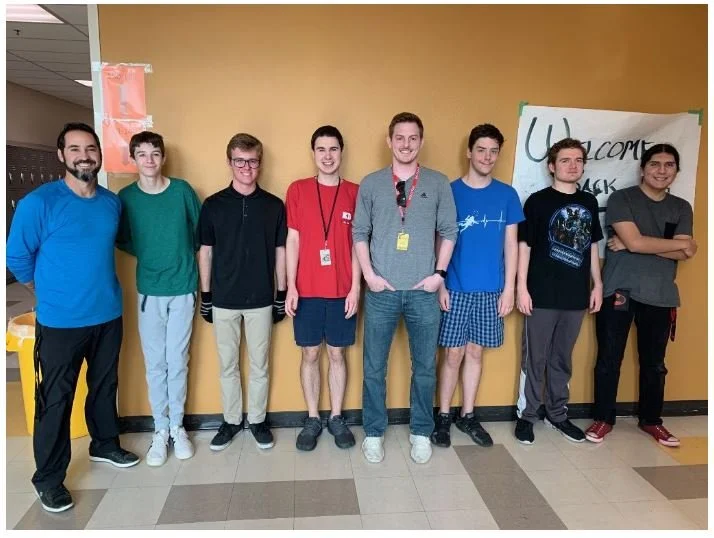
Saguaro High School
-
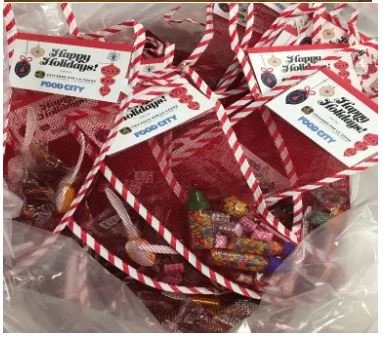
Food City holiday treat bags
-
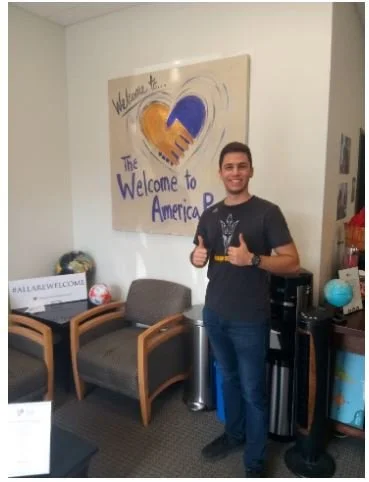
Welcome to America Project (immigrant and refugee services)
-
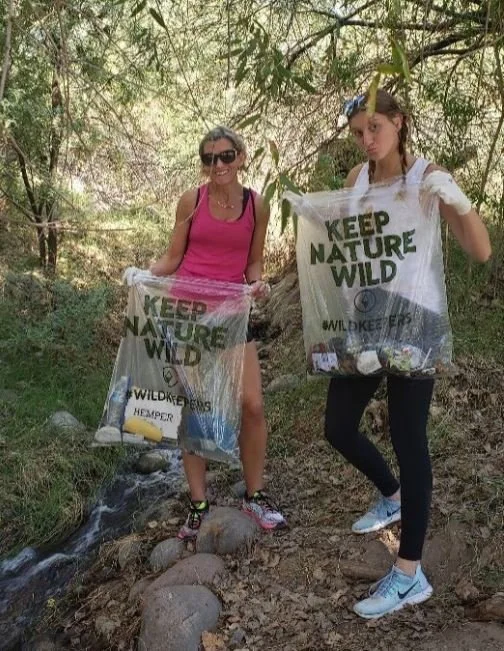
Keep Nature Wild
-
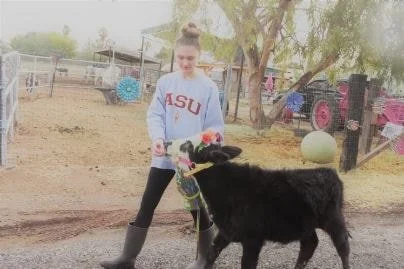
Aimee’s Farm Animal Sanctuary
-
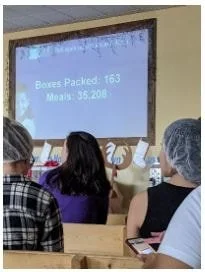
Feed my Starving Children food bank
“I learned that not only am I incredibly interested in the science of psychology, but that I am capable of learning that science. This class provided me the support and safe space to ask questions (both "stupid" and good ones!) which led me to realize that this is exactly where I want to be.”
Anonymous course evaluation comment
Student Testimonials
-
“Dr. Jennings,
You are an incredible professor and I will never forget this class or your passion for neuroscience (and my new found passion for it too). You break down concepts into "small change," as we say in my country (Belize, we love the Caribbean) which just means into a simple form for people to understand. You make it accessible too (which is a huge thing for college students).
I've been thinking a lot about health equity and what that means. Education has a correlation to how healthy people are. When we look at what goes into a well-rounded education (and health equity, in general) it goes so much deeper than academia. It often involves accessibility, historical racism, finances, etc. All of that to say that you have done an incredible job at making yourself available, at making resources accessible (e.g. study tips, free book(s), life things) using language that many people can understand, and at helping me and many others learn in a meaningful way.
Neuroscience isn't out of reach, it's our own body and mind. It's a part of the essence of what makes us and I walk away from this class with life skills and meaningful knowledge.
Thank you for your willingness to teach, to learn, to be shamelessly who you are. I hope your life is filled with new experiences and an abundance of peace. It's been wild, and I am grateful.
Love + light.”Name reserved for privacy
-
“Dr. J,
Thank you for your guidance and support throughout this semester! Your course has been informative, challenging, and engaging beyond any class I have taken up to this stage in my academic career, including my in-person courses. Every day of the semester, I was digging into the content for this course because I genuinely enjoyed the material, the way in which you presented it with humor, and all the wonderful memes. Thank you for making neuroscience fun to learn! You're a brilliant teacher, your Canvas platform is the best I've seen, and your passion comes through in every lesson, so please continue to offer what you bring to education, because it's learning like this that inspires students. I would like to take courses with you in the future, so if you have any planned for the Fall or Spring semester, please let me know so I can add them to my course list.
I'm also interested in research opportunities, and I read through your information section in Canvas. With Dr. Conrad's emphasis on chronic stress, that seems to be the lab possibility most similar to my research experience on the effects of social stress on addiction. That said, I am curious if there are other opportunities of which you have been made aware, or any openings with yourself if you are currently conducting research. To date, I have 2 years of experimental research experience, one publication as a contributing author, and one international poster presentation, so my experience is limited, but I am seeking an opportunity where I can be more involved at a primary level. My intention is to lead a project on my own under the direction of a primary investigator to further grow my understanding of the research process. If you have an opportunity available or are aware of a colleague with an opportunity of this responsibility level, I'm willing to apply the necessary work and time dedication to play a primary role and would appreciate any direction you can share. I wish you well in the remaining week, and thank you for the positive impact you have made on my education!”Trevor
-
“Hello Dr. Jennings,
My name is <redacted>. I was in your physiological psych class over the summer. I just wanted to email you because I just recently started a job as a medical scribe in the chandler regional emergency department, and today I saw a real life example of Wernicke's aphasia! It was so interesting to see it in person, but the coolest part was when the doctor asked me if I knew what was going on with the patient, I was able to tell him exactly what it was. The patient was trying to explain to us what happened and why she called the ambulance, and when she was telling us, she started speaking in the word salad example that we talked about in class. I just wanted to let you know because it was so cool to see an example of something we talked about in class. I also want to thank you for being such a fantastic teacher because it's helped me be so much better at this job.”Name reserved for privacy
-
"Hey Professor, I hope you are doing great!
first I would love to thank you for this amazing semester. Second, this was the most interesting class I've ever taken. Third, you are the best and kindest professor that I have ever met. Words can't even describe how much I enjoyed your class. It sucks Corona made things go online. I will see you next semester for my neuroanatomy class and thats it I'm graduating. Wishing you the best summer break! THANK YOU."-R
-
"Dr. Jennings you are an anomaly among professors as far as my college career has taken me. From day 1 you were engaging, honest, clearly well-versed in the subject matter and you kept it real. You have a knack for explaining difficult concepts in a manner that the student can digest them and improve their recall skills. Your whole vibe is contagious and I am so thankful to have had you this semester. If I could I would take more courses with you. Keep being the badass that you are, I'll swing by for a visit someday. Thank you for inspiring me to look at the hard stuff and be the best I can. You da realest."
-A
-
"Hello Dr. Jennings,
My name is <redacted> and I was a student in your Physiological Psychology course this past semester. I am definitely sorry to reach out post Spring semester, although I never got the chance to say thank you. I would have preferred for this to be in person to show my gratitude, but you know ... I just wanted to say thank you as I am now going into my senior year of college and prior to your course I have never been so excited to walk into a classroom and learn. I would even get bummed out when the lecture was canceled, and believe me, that has never happened to me before. So I just wanted to say thank you. You made the class so special in your own way and definitely made an impact in my life. I am now double majoring in Psychology and Neuroscience and I couldn't be happier with my course load. Although, I did want to ask you ... What are some career options that I could look into with my degree? How can I expand my experience in this field? I know I could apply it to just about anything, but I was hoping to gain a bit more insight from you. Thank you again for all that you have taught, I have deeply enjoyed your class and will be seeing you next semester for Neuroanatomy!"-L

